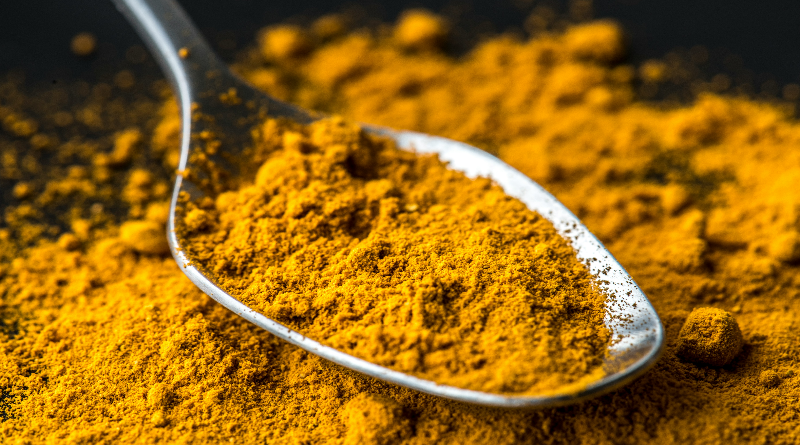Curcumin and Longevity--What's the Latest?

Curcumin is a compound derived from turmeric (Curcuma longa) and has been used both therapeutically and as a spice for thousands of years. Curcumin and curcuminoids have been studied for their comprehensive support of health, particularly for antioxidative status, inflammatory and immune balance, and brain health. Recent research suggests that curcumin may also play a key role in healthy aging.*
A newly published comprehensive review article by Izadi and colleagues published in GeroScience explored the potential standout role of curcumin in support of longevity and optimal aging. Evidence from animal and clinical studies suggests curcumin’s support of antioxidative status–something that touches upon every aspect of aging. Curcumin helps regulate lipid and protein oxidation by optimizing malondialdehyde (MDA). It also helps support the levels of enzymes critical to antioxidative pathways such as superoxide dismutase and glutathione peroxidase.*
Research suggests that curcumin also acts on several other pathways critical to healthy aging. It helps activate sirtuins and regulate apoptosis through BCL2. Preclinical data suggests that curcumin may help support the activity of AMPK (typically associated with longevity) and the inhibition of mTOR, a protein associated with accelerated aging. Several studies have also reported curcumin’s potential role in helping to increase telomerase activity, suggesting it may help support chromosome and telomere integrity. Telomere attrition is one of the hallmarks of aging.*

Curcumin also helps support NF-kB, TNF-alpha, and other agents associated with imbalances in immune and inflammatory status. A study in microglial cells, which are “cleanup” cells within the brain, found that through its ability to inhibit NF-kB and other pathways, curcumin may support certain aspects of age-related changes to the brain. It may also impact microglial functioning through the induction of iNOS and may even help support targeted microglial phenotyping to help optimize brain cleanup and immune function.*
Many common curcumin preparations are not highly bioavailable due to curcumin’s chemical properties–it has a high melting point and low solubility under neutral and acidic conditions like those found in the body. However, certain newer formulations show promise for increasing absorption. These tend to either include piperine from black pepper or feature newer technology like water-dispersible preparations, emulsifiers, or lipid complexes. When choosing a curcumin supplement, it may be helpful to consider how well your body may be able to absorb it.*
While more research is needed before conclusions can be made, evidence continues to suggest curcumin as a standout supporter of healthy aging.*
-
* These statements have not been evaluated by the Food and Drug Administration. This product is not intended to diagnose, treat, cure, or prevent any disease.





